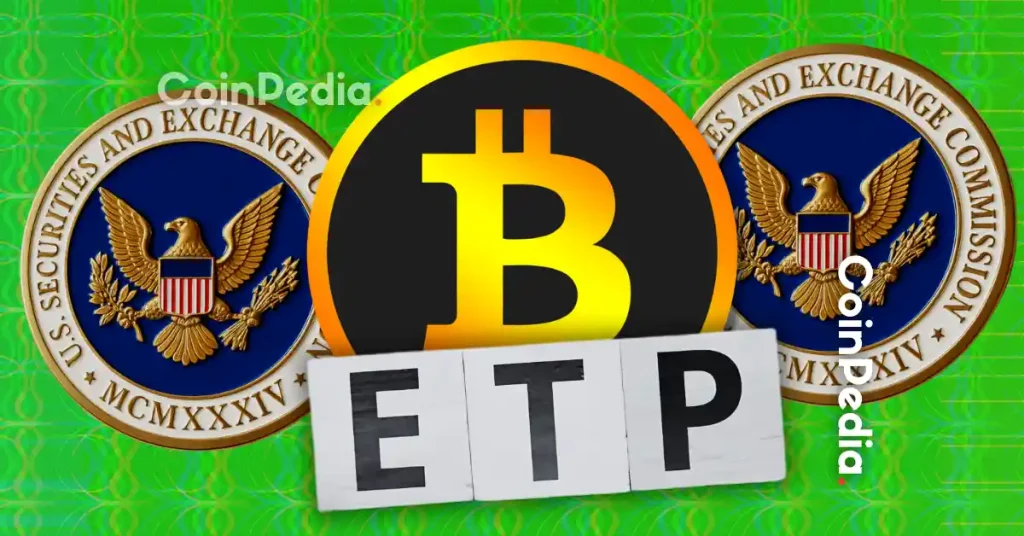- HKEX enforces listing rules, impacting firms shifting to crypto treasuries.
- Five companies questioned over crypto asset plans.
- Stricter crypto hoarding rules in Asia-Pacific exchanges.
The Hong Kong Stock Exchange scrutinized the strategic transitions of five companies into Cryptocurrency Treasury structures, questioning their adherence to regulations prohibiting large holdings of liquid assets.
This regulatory stance highlights Hong Kong’s rigorous listing requirements, impacting companies’ strategic moves in handling digital assets and shaping broader crypto market dynamics in the Asia-Pacific region.
HKEX Challenges Firms Shifting to Digital Asset Models
In response to escalating scrutiny, the Hong Kong Stock Exchange reiterated that all listing applicants must operate viable businesses. Recent reports cite that five companies planning to pivot to digital asset treasury (DAT) models face regulatory questions over their strategy, challenging their compliance with existing listing rules.
The HKEX’s framework prohibits excessive liquid asset holdings. Companies aiming to transform into DAT entities must integrate crypto assets as a core business. These measures emphasize registered entities cannot hoard digital assets like Bitcoin without a solid business model.
Regulatory Impact on Crypto Holdings and Market Response
Did you know? The Australian Securities Exchange enforces a similar policy, limiting cash or crypto holdings to less than 50% of a company’s balance sheet, causing some firms to relocate to New Zealand for flexibility.
According to CoinMarketCap, Bitcoin (BTC) currently trades at $108,439.78 with a market cap of $2.16 trillion as of October 22, 2025. It holds a market dominance of 59.01%. The 24-hour trading volume has increased by 71.13% to $104.04 billion, highlighting increased market volatility and interest. Recent data shows Bitcoin’s price rose by 19.42% in the last 24 hours but faced declines over 7 to 90 days ranging from -3.39% to -8.40%. These statistics reflect Bitcoin’s market participation despite regulatory challenges faced by companies.
Bitcoin(BTC), daily chart, screenshot on CoinMarketCap at 04:29 UTC on October 22, 2025. Source: CoinMarketCapCoincu research indicates that regulatory scrutiny like HKEX’s approach may steer firms to explore alternative jurisdictions. Such measures could affect financial strategies and pressure firms to integrate seamless crypto-asset incorporation in their business models. The emphasis here is on sustainability rather than asset hoarding.
| DISCLAIMER: The information on this website is provided as general market commentary and does not constitute investment advice. We encourage you to do your own research before investing. |
Source: https://coincu.com/news/hkex-crypto-treasury-regulation/


